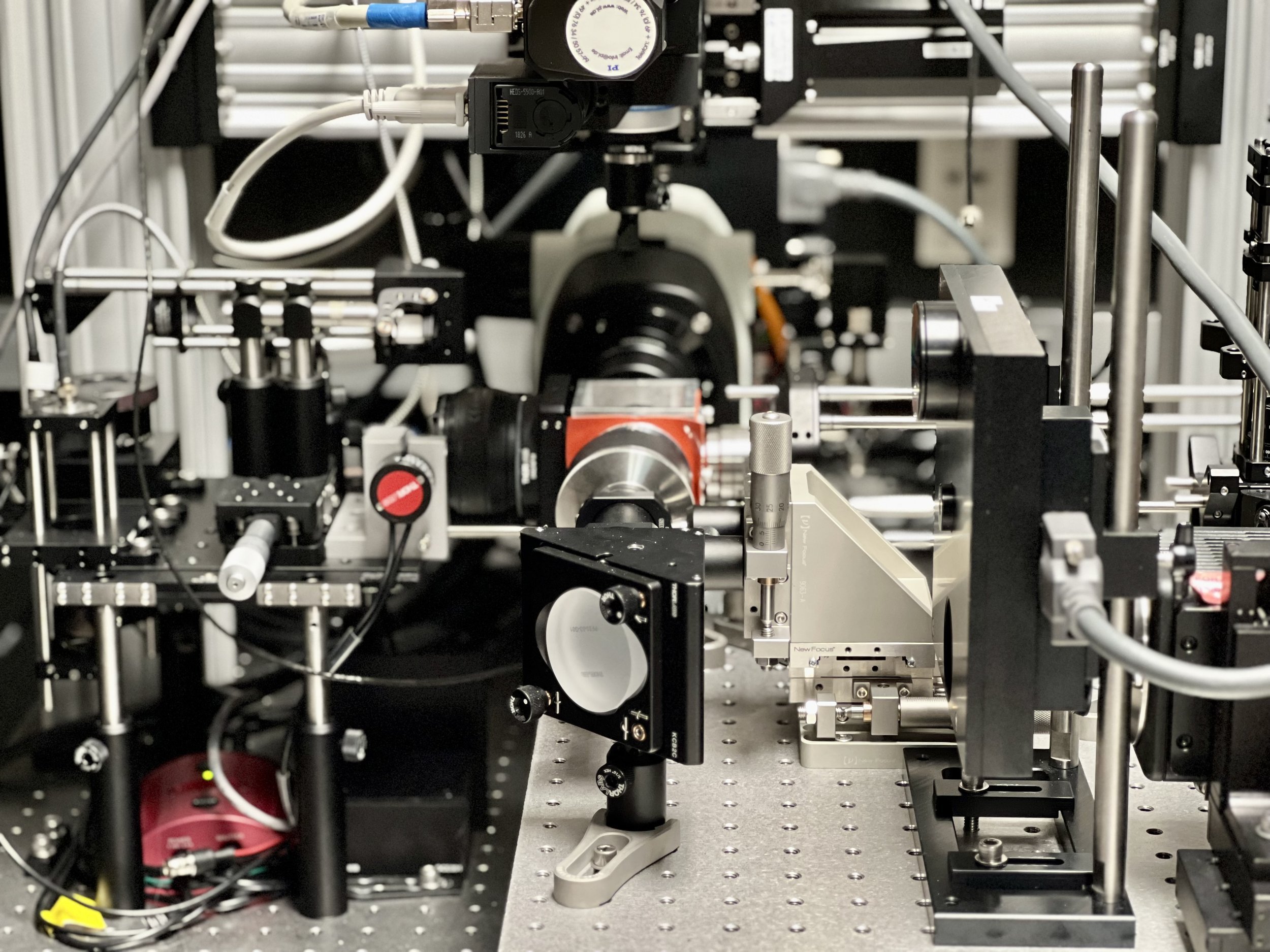Visualizing, Controlling, and Quantifying Cellular Signaling
Postponed
UT Southwestern Medical Center, Dallas, TX
We are postponing this workshop to 2026 potentially while we work on a better delivery format. Thank you for your patience!


We are postponing this workshop to 2026 potentially while we work on a better delivery format. Thank you for your patience!